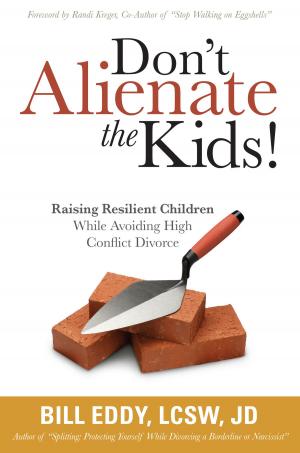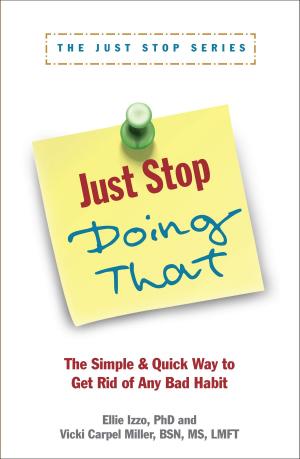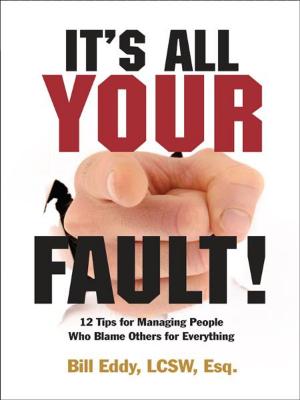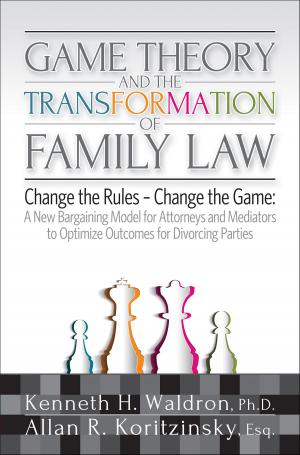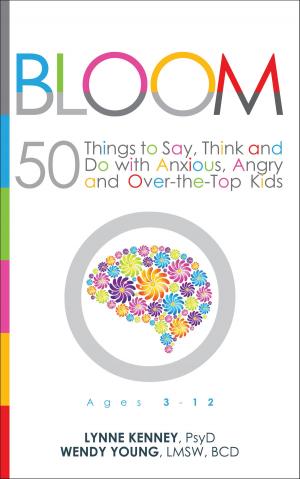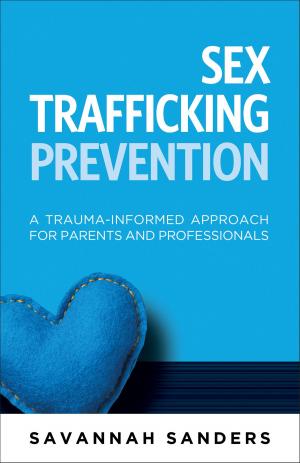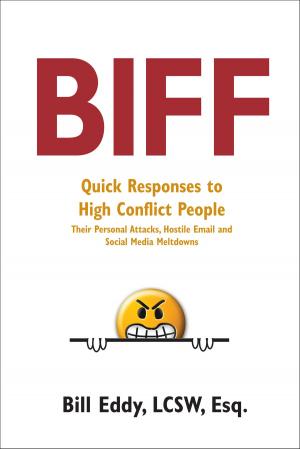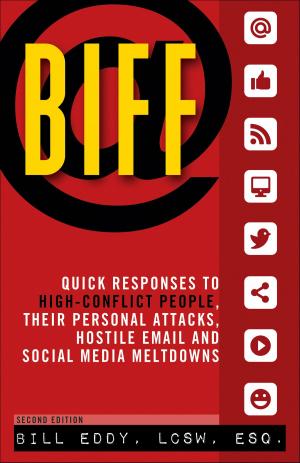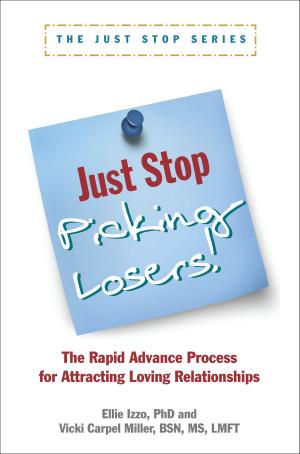Second-Hand Shock
Surviving & Overcoming Vicarious Trauma
Nonfiction, Health & Well Being, Psychology| Author: | Ellie Izzo, PhD, Vicki Carpel Miller, BSN, MS, LMFT | ISBN: | 9781936268474 |
| Publisher: | High Conflict Institute | Publication: | January 3, 2012 |
| Imprint: | Unhooked Books | Language: | English |
| Author: | Ellie Izzo, PhD, Vicki Carpel Miller, BSN, MS, LMFT |
| ISBN: | 9781936268474 |
| Publisher: | High Conflict Institute |
| Publication: | January 3, 2012 |
| Imprint: | Unhooked Books |
| Language: | English |
We have roughly estimated there to be over one hundred million helping professionals worldwide – those who engage in an action that benefits others at a cost to self. That is a lot of people. Hard work and dedication can take a heavy toll on the helper. The cost of helping others cannot really be assessed by the naked eye. Perhaps that is why so little has been written or done about it. In truth, the toll for many helpers is high and the amount of recovery resources is low. This book is written for anyone in the helping professions – mental health, legal, law enforcement, clergy, teachers, and countless other professions – with the purpose of helping you recognize, address, and recover from vicarious trauma and then continuously maintain a healthy lifestyle. Even though you are well-trained and complete continuing education on a regular basis, we fear you remain unconscious and uneducated about the signs and symptoms associated with Vicarious Trauma. Intrusive imagery, cynicism, poor memory, isolation, volatile moods, irrational fears, lack of spiritedness, physical problems or symptoms are noticed but ultimately disregarded or attributed to other better known diagnoses. How many times have you heard people ask, “How do you do this all day every day?” If you think about it, it really isn’t strange to anyone that listening to trauma stories every day all day takes a heavy toll on your emotional, mental, physical and spiritual well-being. We ourselves have frequently returned home from a long week of helping others only to discover that we are in a negatively altered emotional and physiological state. We too have endured our share of sleepless nights, elevated anxieties, periods of depression and physical ailments. We have heard our families and friends complain that we are impatient, distant and estranged from them. We too have suffered. We are not ashamed to admit it. That is why we have written this book. It is troubling to us that most ethical codes do not mention the welfare of the helping professional when discussing Vicarious Trauma. We believe and we hope you agree that it is downright dangerous to continue to revere the image of the dedicated, self-sacrificing workers who never give a care to their own needs. This view perpetuates the unvoiced epidemic of Vicarious Trauma. We believe it is severely underreported in our population. We trust there are a lot of us out there suffering in silence. The welfare of the helping professional for him/herself is an ever increasing issue of ethical importance. Professional Boards advocate self-care. Self-care implies that the individual is responsible for preventing the problem when it does occur. Professional helpers often get blamed in very shaming ways for stress responses, rather than being encouraged to see stress as a natural response and as an opportunity for introspection and feedback. We truly believe that that our approach will maintain and strengthen the clear and good judgment of the helping professional and therefore, may well be the best way to serve the client, patient, or person.
We have roughly estimated there to be over one hundred million helping professionals worldwide – those who engage in an action that benefits others at a cost to self. That is a lot of people. Hard work and dedication can take a heavy toll on the helper. The cost of helping others cannot really be assessed by the naked eye. Perhaps that is why so little has been written or done about it. In truth, the toll for many helpers is high and the amount of recovery resources is low. This book is written for anyone in the helping professions – mental health, legal, law enforcement, clergy, teachers, and countless other professions – with the purpose of helping you recognize, address, and recover from vicarious trauma and then continuously maintain a healthy lifestyle. Even though you are well-trained and complete continuing education on a regular basis, we fear you remain unconscious and uneducated about the signs and symptoms associated with Vicarious Trauma. Intrusive imagery, cynicism, poor memory, isolation, volatile moods, irrational fears, lack of spiritedness, physical problems or symptoms are noticed but ultimately disregarded or attributed to other better known diagnoses. How many times have you heard people ask, “How do you do this all day every day?” If you think about it, it really isn’t strange to anyone that listening to trauma stories every day all day takes a heavy toll on your emotional, mental, physical and spiritual well-being. We ourselves have frequently returned home from a long week of helping others only to discover that we are in a negatively altered emotional and physiological state. We too have endured our share of sleepless nights, elevated anxieties, periods of depression and physical ailments. We have heard our families and friends complain that we are impatient, distant and estranged from them. We too have suffered. We are not ashamed to admit it. That is why we have written this book. It is troubling to us that most ethical codes do not mention the welfare of the helping professional when discussing Vicarious Trauma. We believe and we hope you agree that it is downright dangerous to continue to revere the image of the dedicated, self-sacrificing workers who never give a care to their own needs. This view perpetuates the unvoiced epidemic of Vicarious Trauma. We believe it is severely underreported in our population. We trust there are a lot of us out there suffering in silence. The welfare of the helping professional for him/herself is an ever increasing issue of ethical importance. Professional Boards advocate self-care. Self-care implies that the individual is responsible for preventing the problem when it does occur. Professional helpers often get blamed in very shaming ways for stress responses, rather than being encouraged to see stress as a natural response and as an opportunity for introspection and feedback. We truly believe that that our approach will maintain and strengthen the clear and good judgment of the helping professional and therefore, may well be the best way to serve the client, patient, or person.


